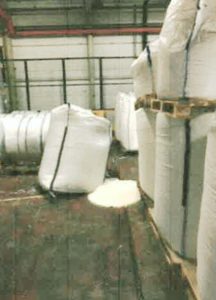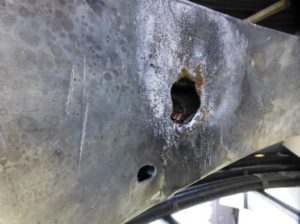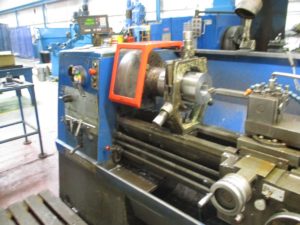Bioservices company fined for high-hazard biological agent breach
A bio-sciences company has today been sentenced for being in possession of high hazard infectious biological material without a licence.
Chelmsford Magistrates’ Court heard that in September 2017, concerns were raised in connection with Thermo Electron Ltd (trading as Fisher BioServices) regarding the nature of biological agents that had arrived at its site in Bishop Stortford, in a shipment from overseas.
An investigation by the Health and Safety Executive (HSE) found that between April 2016 and February 2018, Thermo Electron Limited was in possession of a large quantity of infectious avian influenza and West Nile virus. Both of these biological agents are specified as requiring a licence under the Specified Animal Pathogens Order 2008 (SAPO). Enquiries confirmed the company had obtained no such licence.
Thermo Electron Ltd (trading as Fisher BioServices) of Ashley Road, Altrincham, Cheshire, admitted to two breaches of Section 73(a) of the Animal Health Act 1981 and was fined £40,000 and ordered to pay costs of £80,000.
Speaking after the hearing, HSE specialist inspector Dr David Johnson said: “The use of high hazard animal pathogens is tightly regulated in the UK to ensure that exotic animal diseases such as Avian influenza, are not introduced which could threaten the UK livestock economy. The licencing regime enables HSE to authorise possession of such agents and requires the implementation of strict conditions for those wanting to conduct work with specified animal pathogens. Companies like the defendant contribute to critical scientific research and in vast majority of cases the sector complies with the understandably stringent regulations in place.
“However, as soon as Thermo Electron Ltd became aware it didn’t have the appropriate licence, immediate steps could have been taken including safely destroying the material, returning it to the sender, or transferring it to an appropriately licenced site.
“There are lessons to be learnt here and we’d ask those involved in the biosciences sector to take note of this case.”
Notes to Editors:
- The Health and Safety Executive (HSE) is Britain’s national regulator for workplace health and safety. We prevent work-related death, injury and ill health through regulatory actions that range from influencing behaviours across whole industry sectors through to targeted interventions on individual businesses. These activities are supported by globally recognised scientific expertise. www.hse.gov.uk
- The Specified Animal Pathogens Order 2008 (SAPO) purpose is to prevent the introduction and spread of specified animal pathogens into Great Britain which are not endemic and which, if introduced, would cause serious disease and economic loss to the livestock industry.
- The Health and Safety Executive (HSE) is the licensing authority and undertakes inspections, investigations and enforcement in relation to SAPO. More about the legislation referred to in this case can be found at: www.legislation.gov.uk/
- HSE news releases are available at http://press.hse.gov.uk
The post Bioservices company fined for high-hazard biological agent breach appeared first on HSE Media Centre.



